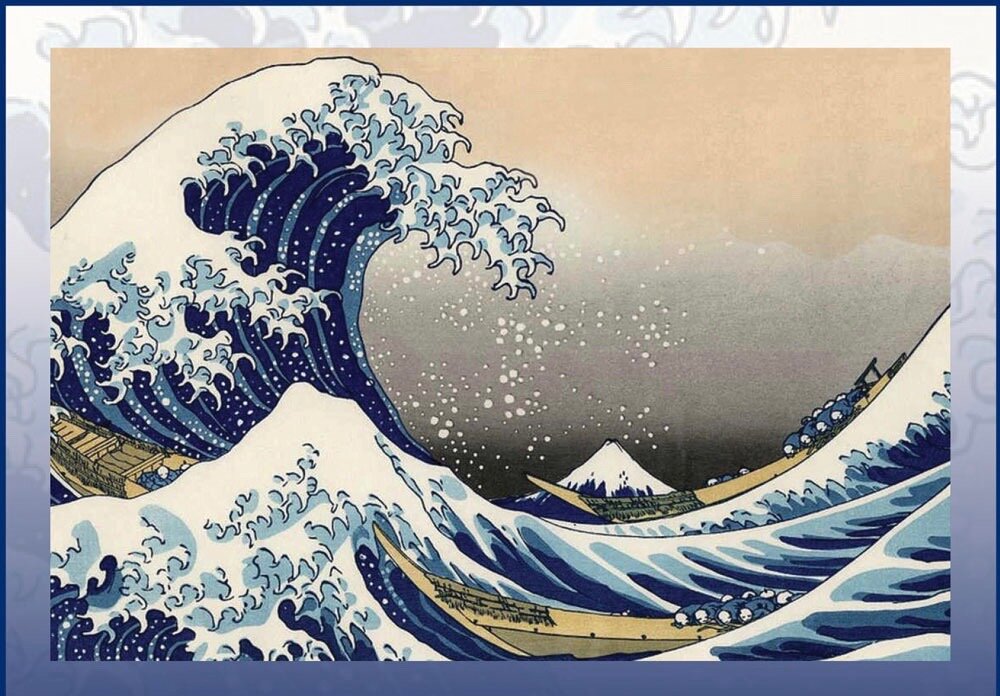A number of years ago I read a couple of books in Harriet Lerner, Ph.D.’s bestselling series The Dance of… as in The Dance of Anger, The Dance of Intimacy, etc. This story from The Dance of Connection has been showing up over and over again for me in the past few weeks.
Two little kids are playing together in a sandbox in the park with their pails and shovels. Suddenly a huge fight breaks out, and one of them runs away, screaming, “ I hate you! I hate you!” In no time at all they’re back in the sandbox, playing together as if nothing has happened.
Two adults observe the interaction from a nearby bench. “Did you see that?” one comments in admiration. “How do children do that? They were enemies five minutes ago.”
"It’s simple," the other replies. “They choose happiness over righteousness.”
Over the last couple of years this simple story has surfaced and wandered around my memory, its very simplicity giving it an immediacy and relevance to a couple of connection-disconnection scenarios I was witnessing.
It goes like this. With long time relationships, family, friends, or colleagues in a shared endeavor, it is inevitable that occasionally someone screws up big time and/or a series of small mishaps and larger decisions get reinterpreted and mis-interpreted and boom! there are hurt feelings, lack of communication, people saying things they wish they hadn’t and not asking the right questions they wish they had, making assumptions about what the other person or people want. As a country we may be caught in such a quagmire.
There is anger, fury even, righteous indignation (remember that phrase?), separation, not speaking. The silence of cutoff, uncoupling, sulking, licking of wounds, and then the endless babble of self-justification, spinning thoughts, replaying the event and always coming to the same conclusion in a sort of comfortable/uncomfortable trap.
But something happens over time. Anger is exhausting because it continually needs to be refueled, restored. It doesn’t have an organic coherence of its own that self-propels and grows after the initial mushroom cloud is spent. Especially if mindfulness is present.
Out of these ashes a memory surfaces of the friendship that was like a shoot of grass, Oh, yes, we had a great conversation in the cloakroom of this restaurant, or Oh, that person offered me an opportunity to that changed my life, or We used to have such a good time, toasting each other with a glass of wine. And these memories are fed from a vast ground of love, kindness, friendship that was the relationship before the blow out. How the climbing back into the sandbox occurs is a mystery but it must start with a softening of the mind and heart and find its way into some invitation. Sometimes there is a mediator who plants seeds and opportunities and keeps the welcome mat out for all. Sometimes there is just a realization that life doesn’t give you endless supplies of dear friends and relatives.
And eventually the ground of good feeling towards the other that was always there rises up and the anger disappears as if it had never been. This is a good sign for the universe. And clearly it’s not as straightforward as that on the world scene, but the fact that it occurs at all can give us hope and renewed intentions for our practice. This is one of the freedoms we yearn for - freedom from anger and hostility, freedom to care and have compassion for ourselves and others, freedom to delight in the good fortune of others. And this freedom to move in the direction of love can bring us peace and equanimity.
Of course, we see many examples when the harm caused is greater than what can easily be overcome. We have learned to send loving kindness and compassion to all those caught in these devastating circumstances. And we look for ways to help when we can.
But even as we may feel relatively safe in our daily lives from those more destructive conflicts, our daily lives are the arena we can practice in. We learn to turn our attention to the inner workings of our minds and hearts, to care for our own hurt places, to begin to recognize pride and ego and when we might have acted unskillfully or out of misinformation. We also learn to wait, give space to others while events unfold or soften or whatever that mysterious process is when anger begins to give way to the underlying current of caring. And we can learn from our past missteps and learn to step up sooner and perhaps even more fiercely for what we believe.
And yes, larger losses are inevitable. And the possibility exists that unskillful thoughts and actions will lead to irrevocable harm.
So we practice with the wish and the intention that the wisdom that grows from our practice will guide us and those around us through these difficult patches with as little lasting harm and as much healing as possible. We learn to climb back in the sandbox when we can - with perhaps the spirit of inquiry and investigation, letting go of anger and especially righteous indignation.

